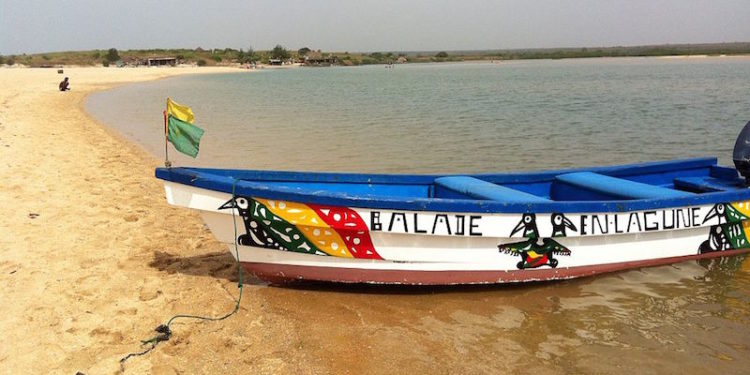A coalition of fishermen’s organisations has publicly sent an open letter to the Senegalese president, protesting at the expected return of Russian fishing vessels to their waters as a fisheries protocol is being negotiated between Senegal and Russia.
The fishermen’s groups point out that any such agreement contradicts president Macky Sall’s statements during his 2012 election campaign and again in a speech in January 2014 when he reaffirmed his commitment to the cessation of the activities of foreign vessels targeting pelagic species in Senegal’s waters.
‘It would be unfortunate if these vessels, which plundered our territorial waters, repeatedly violated our sovereignty and dignity by piracy, and reduced our artisanal fishermen to seeking fishing quotas in the waters of neighbouring countries were to return,’ the fishermen’s coalition states, describing pelagic fish as the staple food of the Senegalese population and the main target species of the artisanal fleet.
They claim that pelagic fish account for almost 70% of the animal protein consumed in Senegal.
‘Our resources, which we are trying to rebuild with management plans and biological closures following the massive destruction of our fishery resources by foreign fishermen, must not be opened again to exploitation by these Russian ships. Our 20,000 artisanal boats do not have enough opportunities although they work intensively on these resources and are experiencing more and more difficulties in obtaining fishing licenses in neighbouring countries,’ the group commented.
‘In addition, our domestic processing industries do not have enough fish supplies to keep the jobs of thousands of Senegalese.’
The group of fishermen’s organisations has called on the president to withdraw from negotiations with Russia, pointing out that FAO guidelines state that only surplus stocks may be sold in fisheries resources. They comment that studies carried out by a FAO working group has found that these pelagic fishery resources are fully exploited in Senegal’s area and has recommended that fishing effort should not be increased.
‘It is paradoxical to open this pelagic fishery to Russian ships on the pretext that we do not have the means to exploit this resource,’ the fishermen’s group commented. ‘At present, Senegalese fishermen have sufficient technical and financial means to reasonably exploit the pelagic stocks, while maintaining catches at a sustainable harvest rate.’









